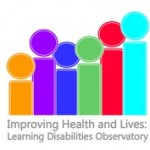
In 1998 a very small study was published, involving just 3 children with autism, who were treated with a hormone called secretin that controls digestion. Here’s the abstract of the study by Horvath et al: We report three children with autistic spectrum disorders who underwent upper gastrointestinal endoscopy and intravenous administration of secretin to stimulate [read the full story…]








